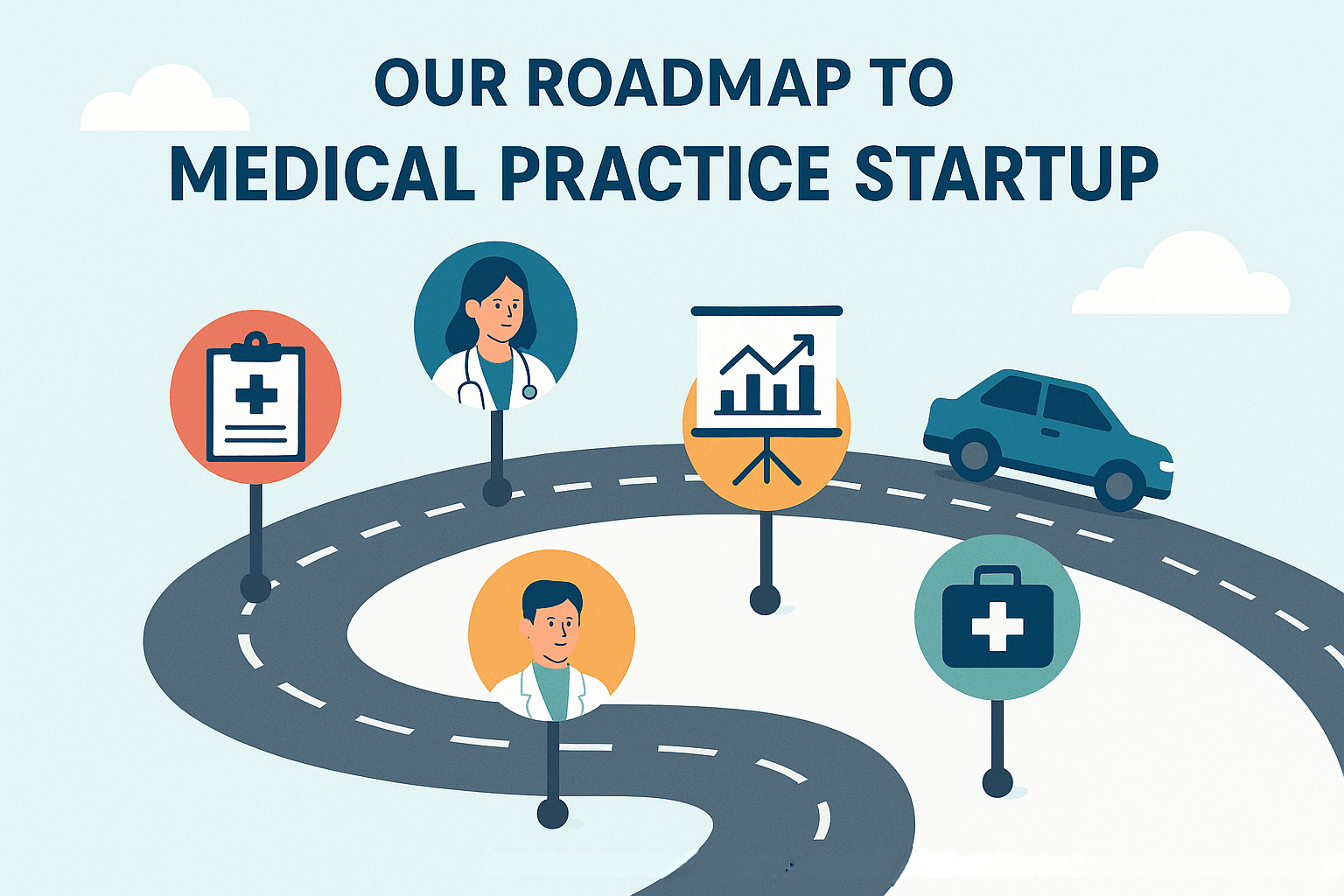Follow Us

This guide outlines steps to launch a successful independent medical practice, covering vision definition, location, financing, legal compliance, technology, staffing, management, marketing, and financial growth strategies.

Effective financial planning, including budgeting, goal-setting, cash flow management, and expert consulting, is essential for sustainable growth and long-term success in medical practice management.

Build resilience in your medical practice by assessing vulnerabilities, training staff, creating contingency plans, streamlining management, and partnering with healthcare consultants for tailored support and sustained success.

Data analytics in healthcare enhances practice efficiency by optimizing operations, personalizing treatments, predicting patient outcomes, and improving decision-making for better care and resource management.

Physicians transitioning to practice owners must master leadership, effective communication, and practice management. Key steps include clear goals, operational optimization, financial oversight, staff retention, and leveraging healthcare consulting.

Managing a healthcare practice causes significant stress and burnout, impacting personal life. Building resilience through self-care, support, and consulting can improve well-being and practice success.

We are passionate about good medicine, high standards of care, and doing what is best for the patient.
Official info:
- LeRoy, New York
14482, United States - (585) 815-4007
- Monday to Friday
- 9:00 AM to 5:00 PM
Footer
Official info:
- (585) 815-4007
- LeRoy, New York
14482, United States - Monday to Friday
9:00 AM to 5:00 PM
